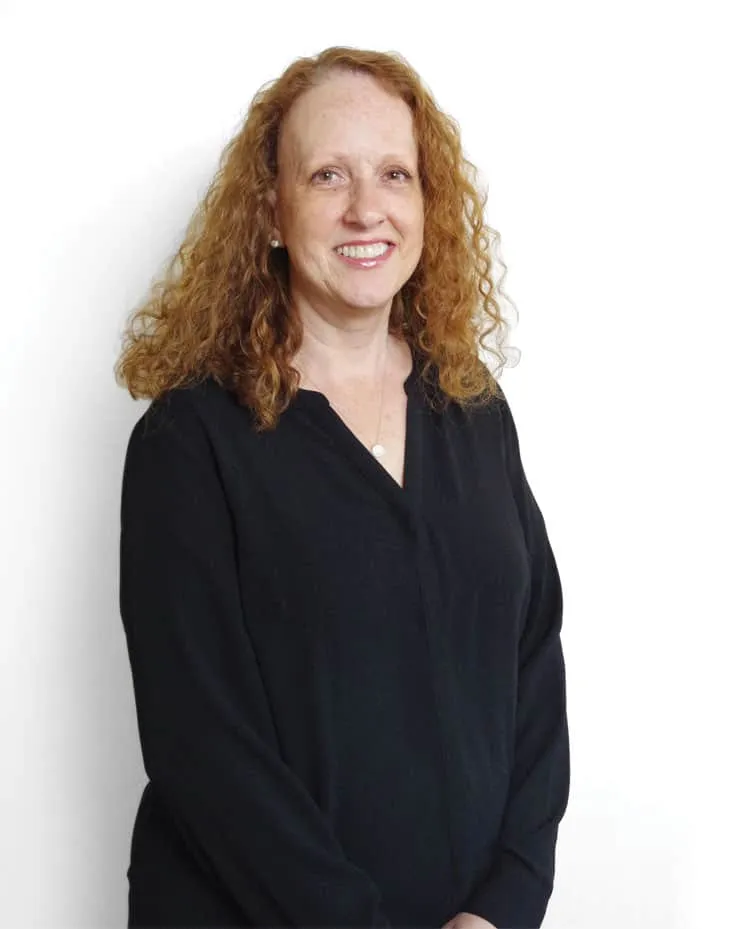Audrey Snyder, University of Northern Colorado
2017 Women of Distinction - Health Care

A great way to reach more people is to teach others to do what you know. For Audrey Snyder, that meant combining her vast experience in rural and emergency health care to teach nurse practitioners how to make a difference.
Driven by the health-care shortage, especially in rural areas, Snyder teaches in the nursing school at the University of Northern Colorado. She believes that when health-care students are exposed to rural communities in addition to urban environments, they’re more likely to consider working in them.
Part of Snyder’s mission is to secure funding for nursing students to be able to do practicums in more rustic areas so they can learn about the different demands the populations there face.
SPONSORED CONTENT
“Caring for patients in rural areas helps students get a better perspective,” she said. “For example, if you’re treating someone for hypertension or diabetes and are trying to give them diet information, you need to take into account that maybe it’s a 45-minute drive for them to get to a grocery store. That distance will determine how much they eat fresh fruits and vegetables.”
“Dr. Snyder is a champion for the underserved,” said Lory Clukey, associate professor at the UNC School of Nursing. “She saw a need in rural Virginia and did something about it. She found a way to fund the remodel of a recreational vehicle and turn it into a mobile health clinic and took colleagues and students out to areas to provide much-needed health-care services.”
A weekend could bring in 5,000 people with no health insurance, according to Snyder, who helped develop a grant program to help patients pay for gas and places to stay during medical visits.
“It helps nursing students experience what it’s like to not have everything at your fingertips and it encourages them to think out of the box,” Snyder said.
Skills she teaches at UNC include cultural sensitivity and how to develop a disciplinary practice.
“When taking a patient’s history or giving them instructions to do something, people can easily say something that offends them without thinking,” she said. “Culture encompasses gender, sexual preference, where someone lives, financial status, insurance and lack of it, and the cost of meds. It’s important to know how to manage a case with the least expense. Even when ordering tests, you have to ask yourself if it really is necessary.”
Interdisciplinary nursing involves paying attention to all the types of care a patient is receiving. “No one practices in a vacuum,” Snyder said.
Other influencers include primary-care providers, pharmacists and social workers.
“It’s about learning how to be a team player,” she said, “and getting and giving feedback to make sure our piece of the puzzle fits with everything else.”
A great way to reach more people is to teach others to do what you know. For Audrey Snyder, that meant combining her vast experience in rural and emergency health care to teach nurse practitioners how to make a difference.
Driven by the health-care shortage, especially in rural areas, Snyder teaches in the nursing school at the University of Northern Colorado. She believes that when health-care students are exposed to rural communities in addition to urban environments, they’re more likely to consider working in them.
Part of Snyder’s mission is to secure funding for nursing students…

